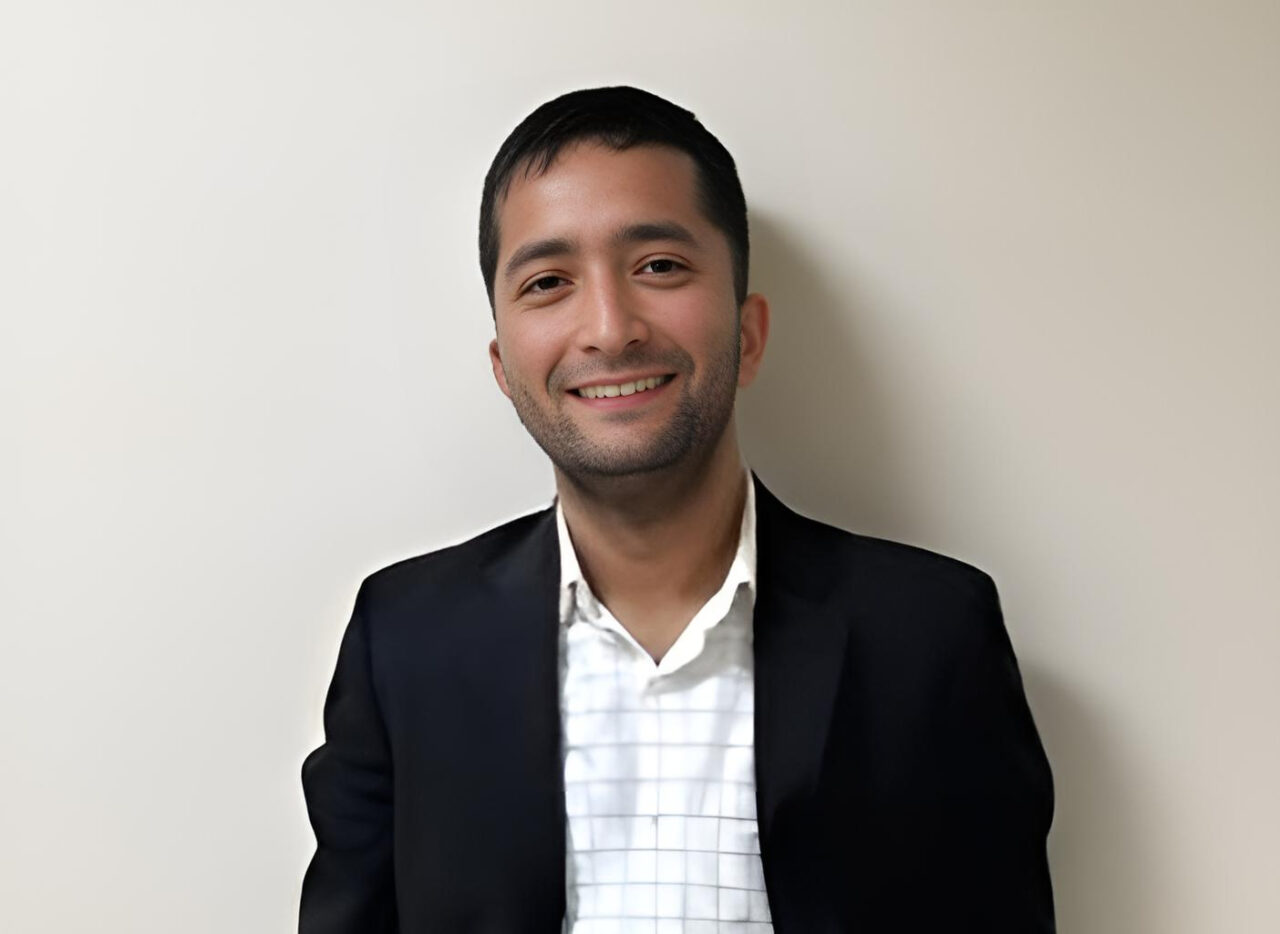Nishant Tiwari, Internal Medicine Resident in Loyola – MacNeal Program, shared a thread on X/Twitter:
“A thread on my Hemeonc application!
I matched in hematology and oncology in this year’s match. Like everyone else, I had to work hard who apllied, I wanted to share some thoughts on how I approached application.”
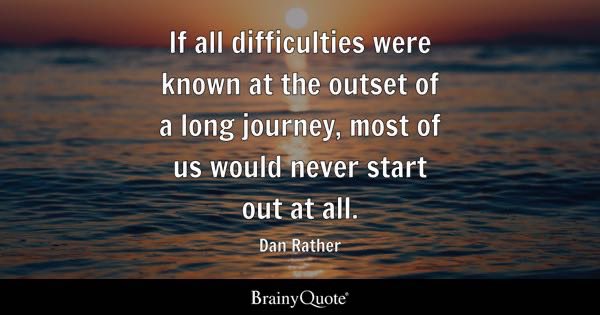
1/Personal statement is among the important parts that as applicant we have full control over – start writing early, get it reviewed by people who know you well, it should reflect the person and doctor you are! I started my PS with a modification of this quote:
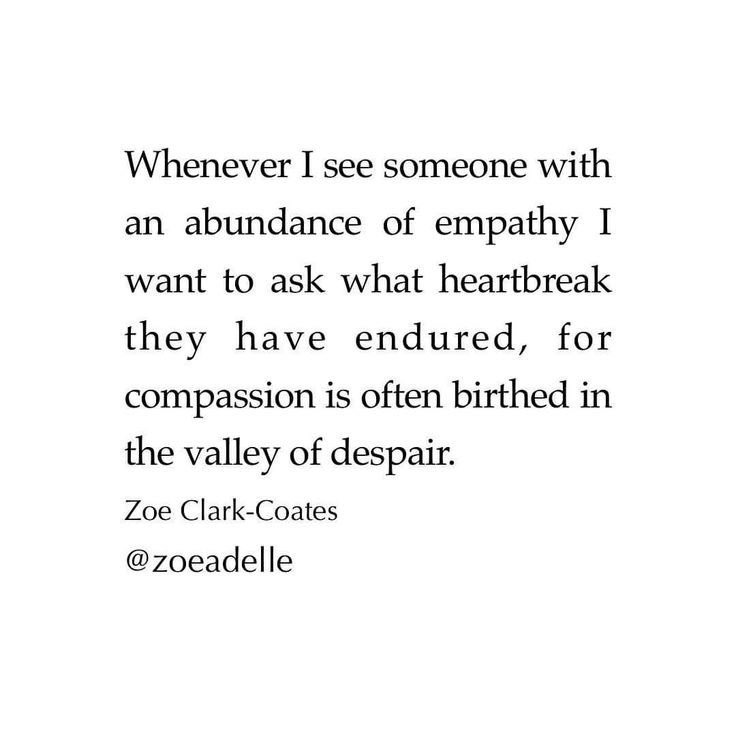
2/Reach out to as many contacts as you can at the beginning of application cycle, to try to get your application noticed. Reach out to of all your friends who can help. It does not hurt to ask.
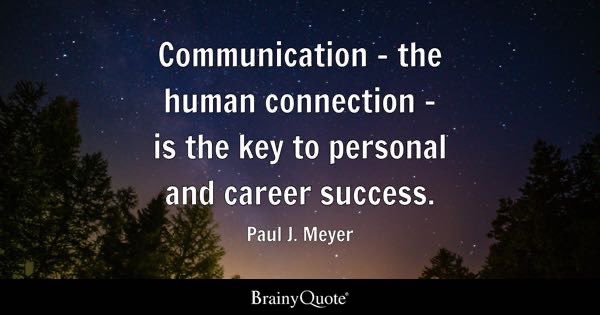
3/Know everything about things you have written in your CV in extreme details. If it’s on your CV, it’s your responsibility.
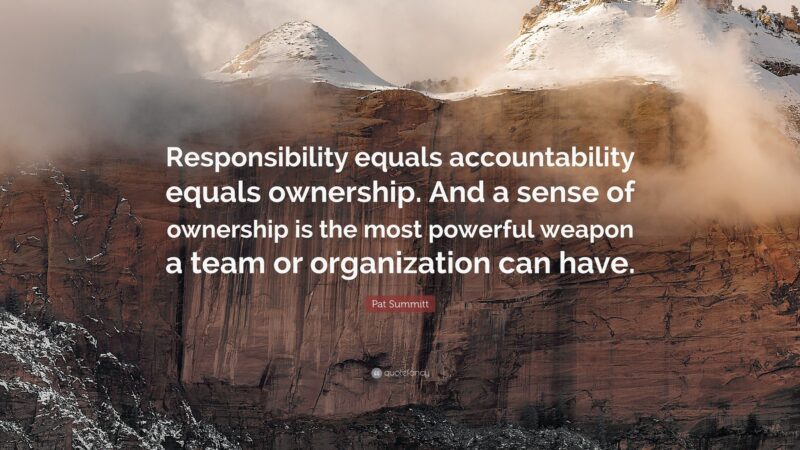
4/Be careful while scheduling interviews. Scheduling interviews on a post-call day can be challenging. You could be tired and exhausted and its hard to be at your best in that situation.
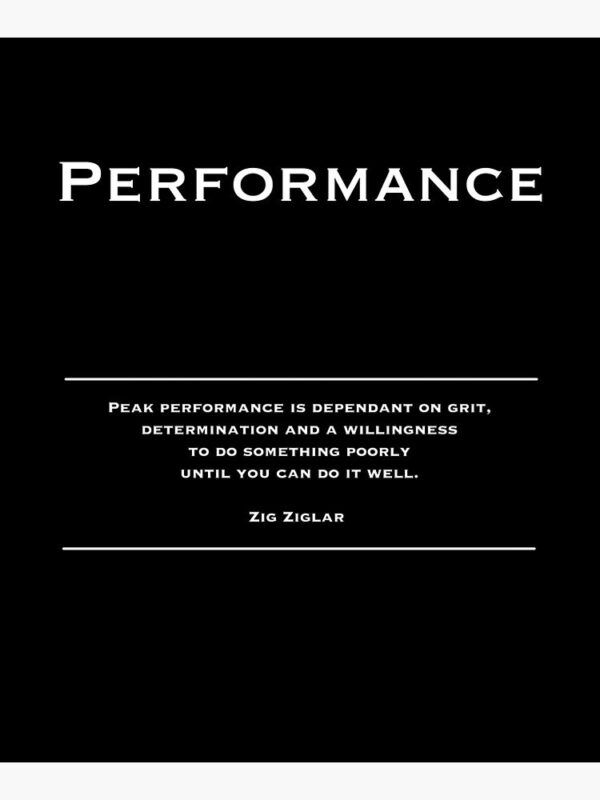
5/Be honest about everything in your application and in personal statement. I feel one of the easiest ways to hurt your chances is to not practice complete honesty.

6/Prepare for your interviews, but don’t prepare answers. Have ideas on how your amswers will look like, but don’t memorize them. Examples to follow.
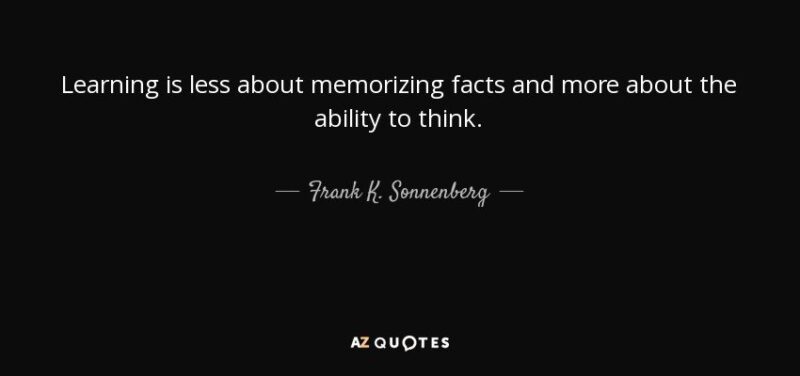
7/Questions you could prepare answers for:
*Tell me about yourself
*Tell me about the most exciting research project you contributed in
*Tell me about an unforgettable patient encounter.
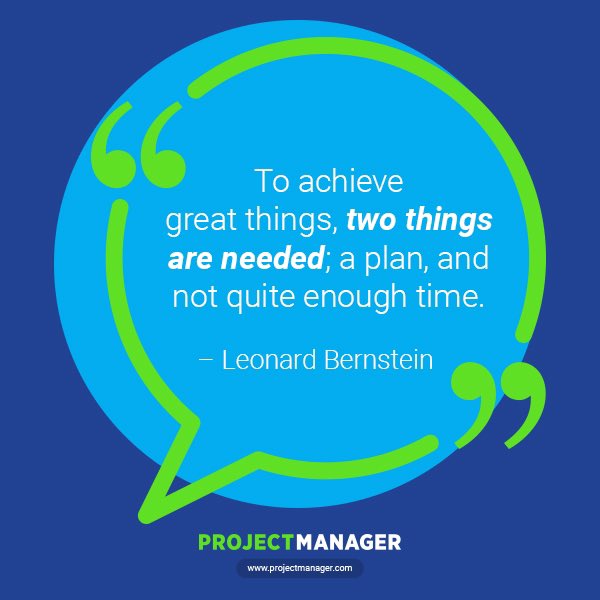
8/Be genuine about your contribution to the things mentioned on your CV. For example, in a research project, do not claim anything you haven’t done, don’t be afraid to claim what you did!
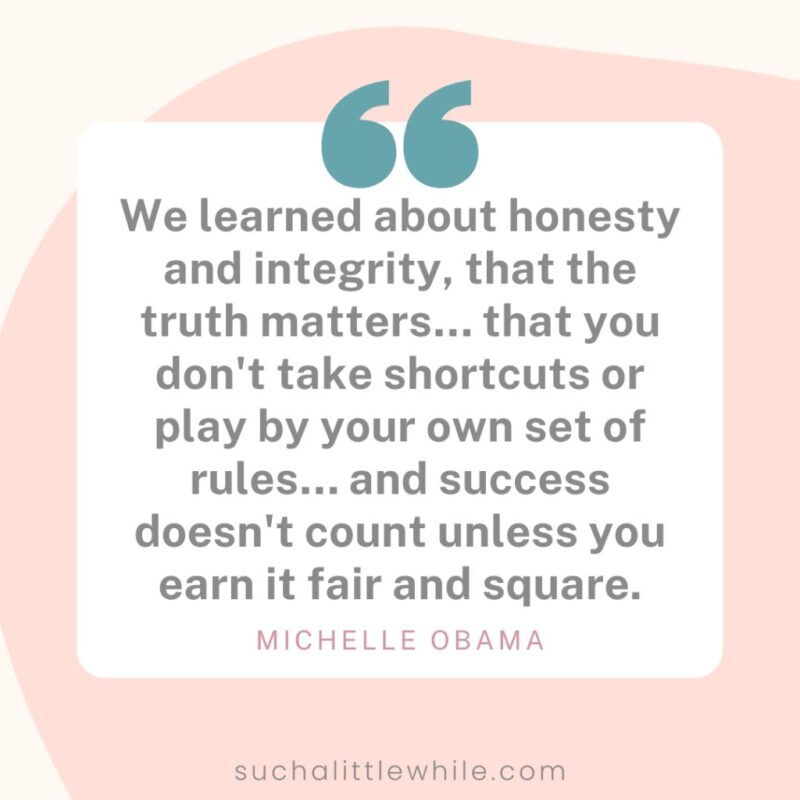
9/It sounds cliché to say this, but honesty and integrity goes a long way. The people interviewing us have been doing it for a long time – they can easily see through words.
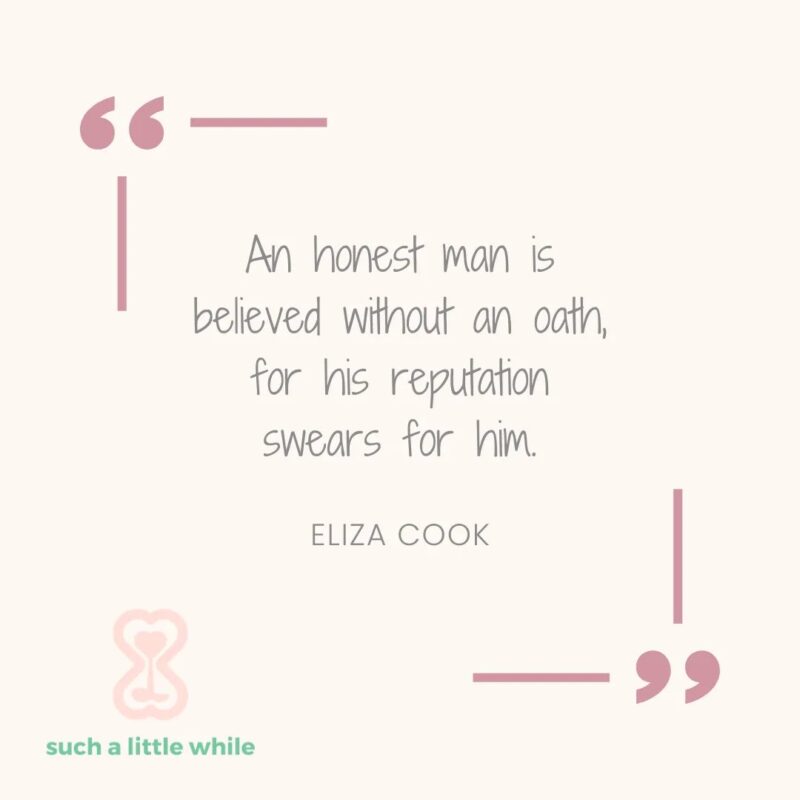
10/Always read about the program you are interviewing at. Read about the people who are interviewing you, just things like their areas of interest. It helps navigate the interview better.
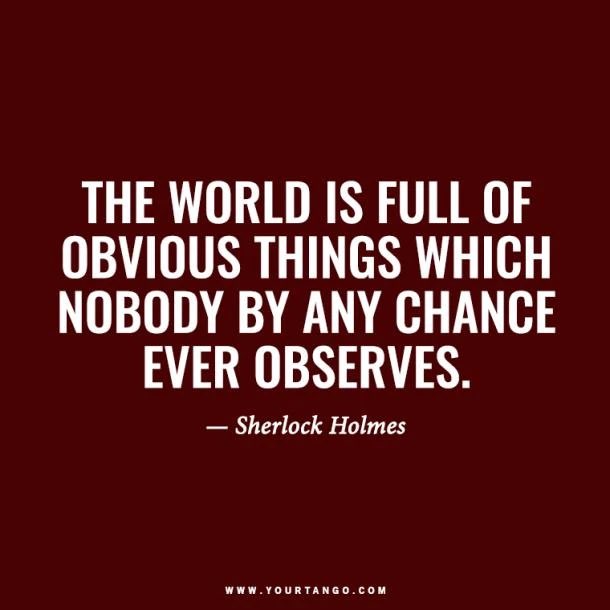
11/However, do not change your answers from interviewer to interviewer. They will be discussing your application – and changing your answers drastically may be seen as an unfavorable sign.
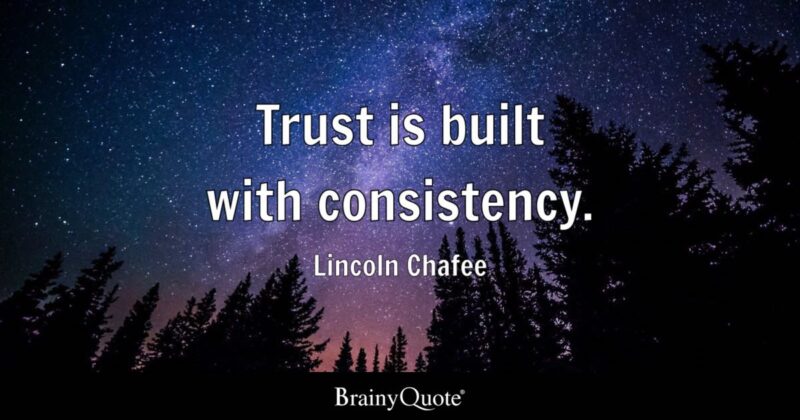
12/Talk to people you know in the program before interviewing, but it’s totally fine if you can’t. This is just to get a good idea about the program.
13/Be passionate about what you have done, and about things that interest you.
Teaching, patient care, and classical hematology are my areas of passion – identify yours!
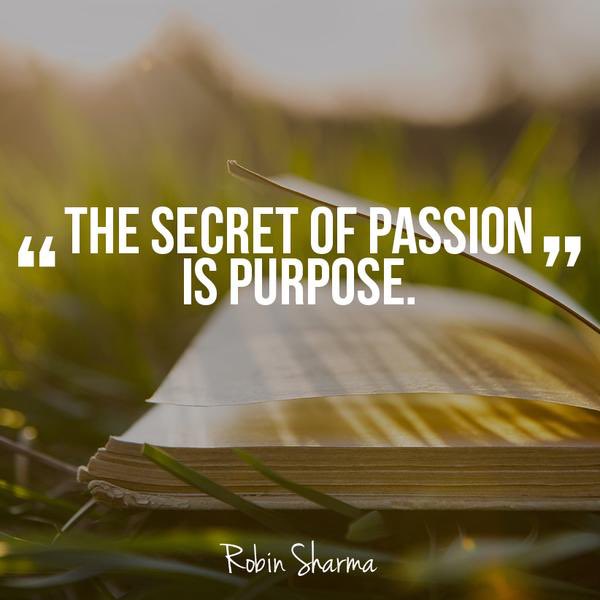
14/Try to link examples to your answers in interview. This could be a life experience, or a conference experience, clinic, patient encounter – as long as its authentic, it matters.
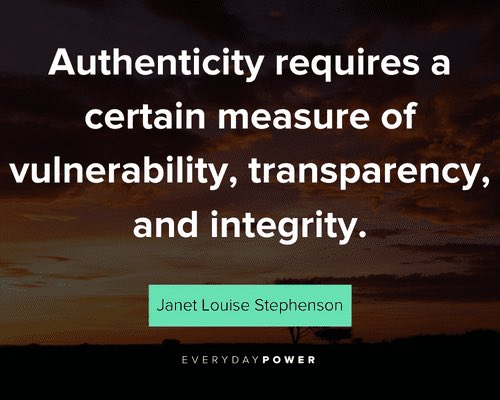
15/Also share your passion outside of medicine when asked. For me it was “shayari” – hindi and urdu stanzas. An example is:
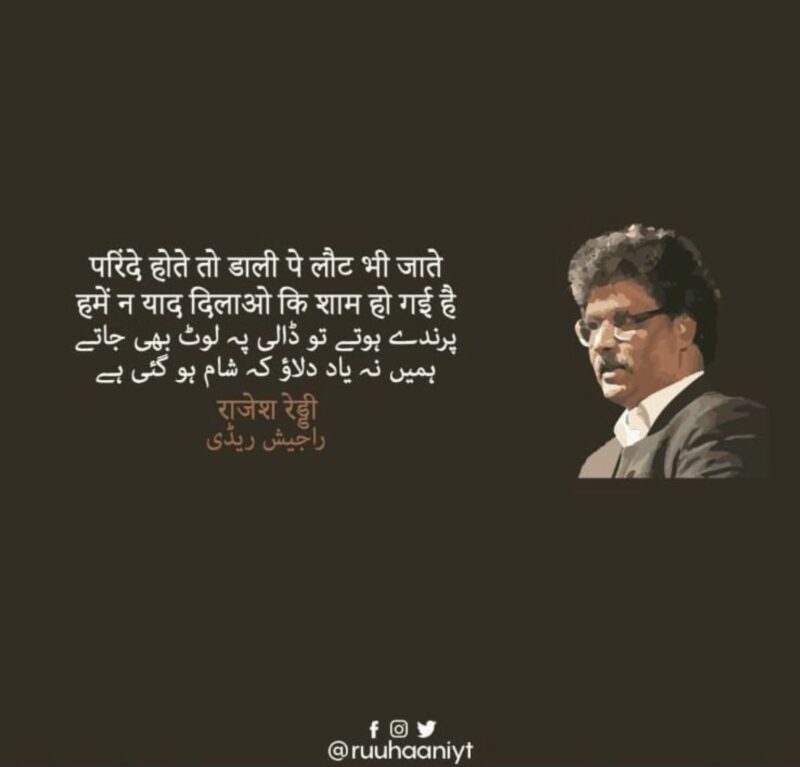
16/If you have a connection to the city the program is located in – share it during you interview, its totally okay if you don’t have it.

17/Be insightful and honest to yourself on what you hope to get from a program, interview and ranking becomes really easy when you have this insight.
18/Have a notebook ready to write good things about the programs you interviewed at. Also write things that you did not like. Make an educated choice.
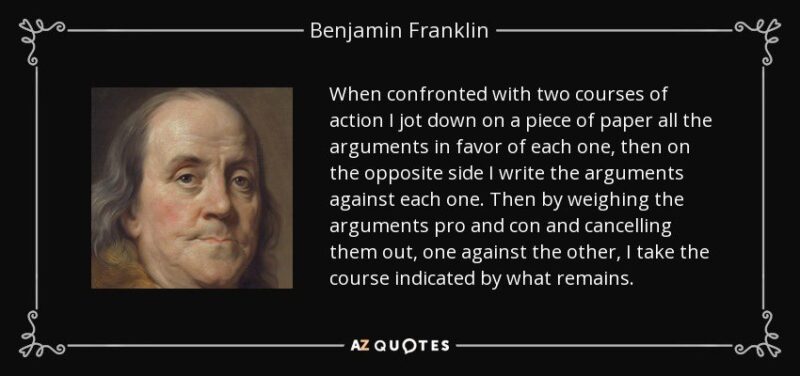
19/For some, location of the program is important, for me, future career goals carried the highest weight – I think both are equally fair approaches. Be honest to yourself and your interviewer about this.
Priorities matter.
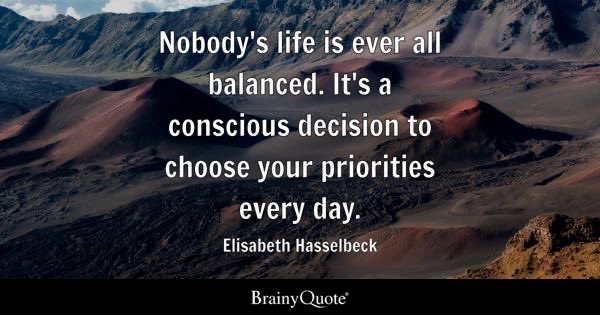
20/If you share a similar thought process or interest about something with your interviewer, mention that in your thank you email.
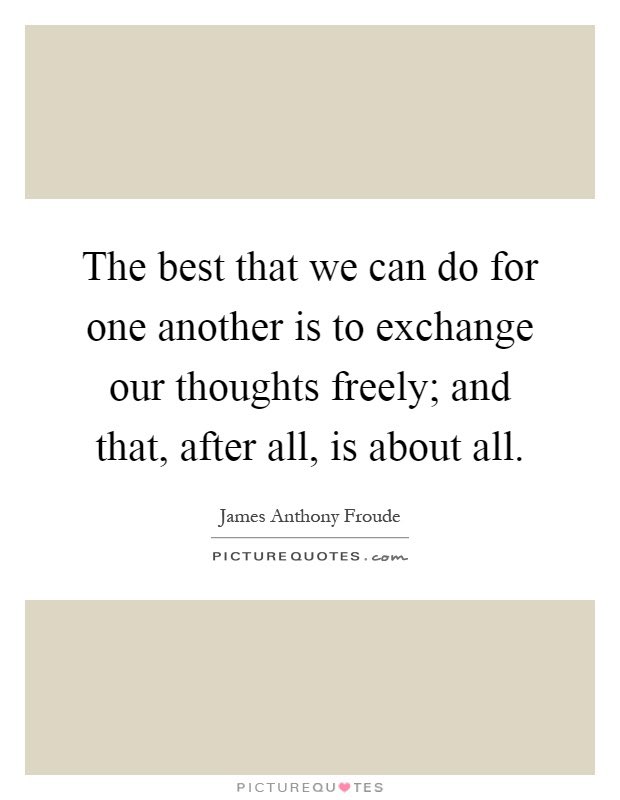
21/The application is a very small part of your life. Trust your capabilities. Be excited and passionate but not desperate.
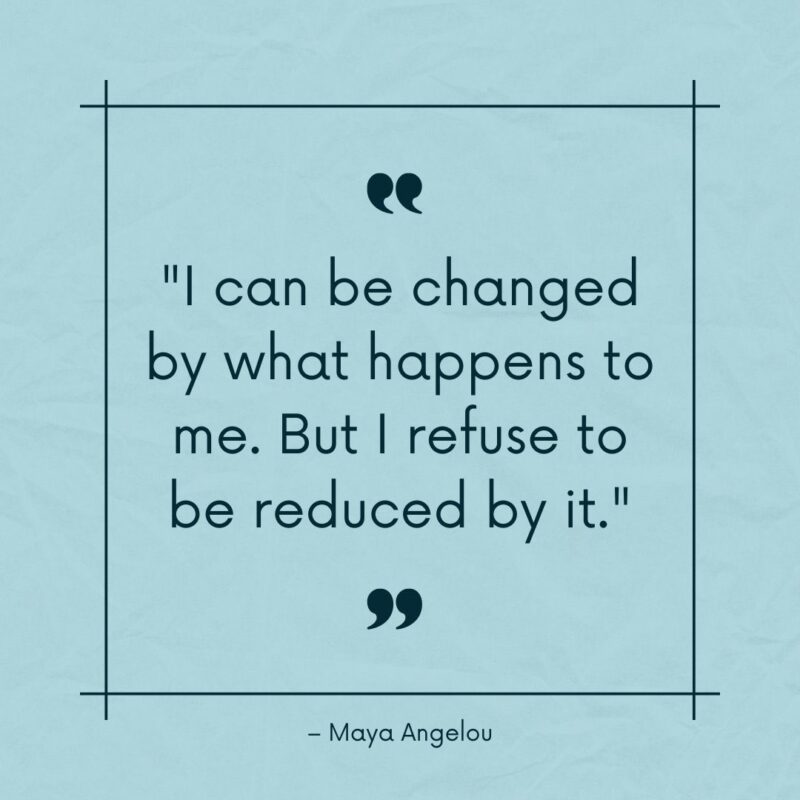
22/Connect with your fellow applicants. Help each other. All of our acts come back to us, whether good or bad. Connections you make in trying times last through life.

23/Finally, these are just my thoughts. I am sure there are better approaches to this. I feel advantaged that I was guided by many people through this.
24/Special thanks to the stalwarts I met on twitter Dr Rajkumar, Dr Lewis, Dr Kini, Dr Telivala, Dr Portocarreo for guiding me selflessly despite their very busy schedules!
Vincent Rajkumar, Mark Lewis, Ameet Kini, Bijoy Telivala, Pablo Portocarrero.
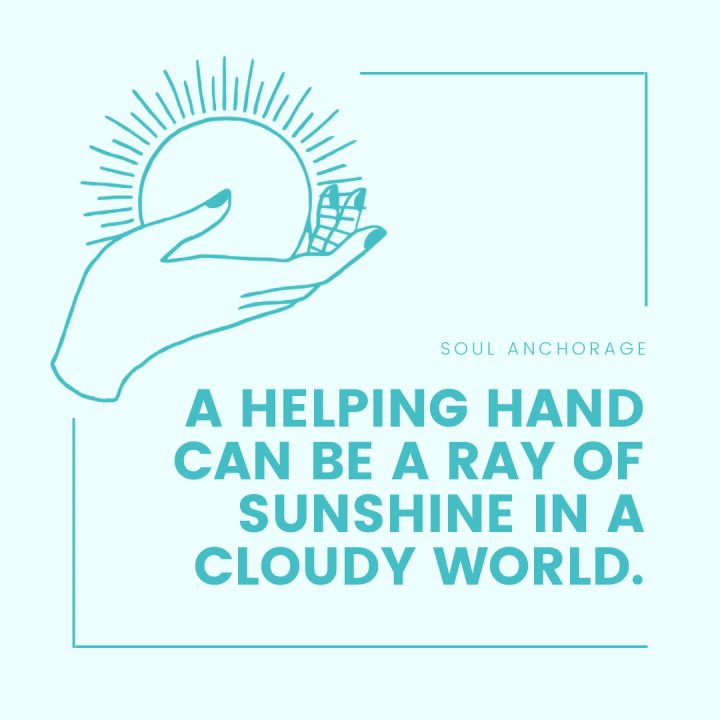
Source: Nishant Tiwari/X


